Introduction: Why Tea Sets Matter
Tea drinking is not only a daily ritual in China but also an important cultural symbol. From ancient emperors to modern households, porcelain tea sets have carried both practical and artistic value. Today, wholesalers and distributors looking for a reliable Porcelain Tea Sets Supplier can benefit from understanding the history, craftsmanship, and global demand of Chinese tea sets.
A Brief History of Chinese Porcelain Tea Sets
Porcelain tea sets originated in the Tang Dynasty and reached their artistic peak during the Ming and Qing Dynasties. Unlike wooden or metal wares, porcelain allowed tea drinkers to truly appreciate the colour, fragrance, and purity of the tea. The delicate white porcelain from Dehua, famously known as Blanc de Chine, became one of China’s most exported treasures.
For today’s buyers, this long heritage means that Chinese porcelain is not just a product—it’s a story of craftsmanship and culture that adds value to your business.
Key Components of a Traditional Chinese Tea Set
A complete Chinese tea set is more than just a teapot and cups. It often includes:
-
Teapot – Commonly made of porcelain or purple clay, designed for brewing.
-
Tea Cups – Usually 6 or 8 small cups for tasting and sharing.
-
Fair Cup (Cha Hai) – Ensures equal flavour in every cup.
-
Fragrance Cup – A slender vessel for appreciating aroma.
-
Tea Tray – Holds and organises the full set.
-
Accessories – Tea spoons, clips, and holders for a hygienic and elegant ceremony.
Porcelain remains the most popular material, valued for its durability, translucency, and ability to showcase the colour of the tea.


Craftsmanship and Modern Innovation
High-quality porcelain tea sets are fired at over 1300°C, giving them strength and a smooth glaze that resists stains. Modern Porcelain Tea Sets Suppliers now combine traditional hand-painting with contemporary designs—ranging from minimalist white sets for hotels and restaurants to colourful festival collections for gifting.
Customisation options are also growing:
-
Logo printing for branding.
-
Pattern variations such as floral, marble, or geometric designs.
-
Functional upgrades like heat-resistant glazing or dishwasher-safe finishes.
Export Trends for Porcelain Tea Sets
With the rising global interest in wellness, tea culture has expanded far beyond Asia. Europe and North America now represent strong markets for porcelain tea sets wholesale:
-
Hospitality industry – Hotels, tea houses, and restaurants use refined tea sets to elevate dining experiences.
-
Retail gifting – Tea gift sets remain popular during Christmas, Lunar New Year, and weddings.
-
Eco-conscious buyers – Porcelain tea sets, being reusable and sustainable, align with the global shift towards eco-friendly tableware.
Tips for Choosing the Right Porcelain Tea Sets Supplier
If you are a distributor or small business owner, consider these factors when selecting a supplier:
-
Quality Standards – Check if the supplier meets EU/FDA food safety certifications.
-
Customisation Ability – Can they add your brand logo or create exclusive designs?
-
Production Capacity – Ensure they can handle both small and bulk orders.
-
Packaging Options – Eco-friendly gift boxes or protective export packaging.
-
Location Advantage – Suppliers from Dehua, Fujian (the porcelain capital of China), have centuries of expertise and strong export logistics.
Conclusion
Partnering with a reliable Porcelain Tea Sets Supplier allows you to bring both cultural heritage and modern functionality to your market. Whether you are catering to tea houses, lifestyle stores, or online retail, Chinese porcelain tea sets can be an elegant and profitable addition to your product line.
???? Explore our Porcelain Tea Sets Collection to find custom designs for your business.


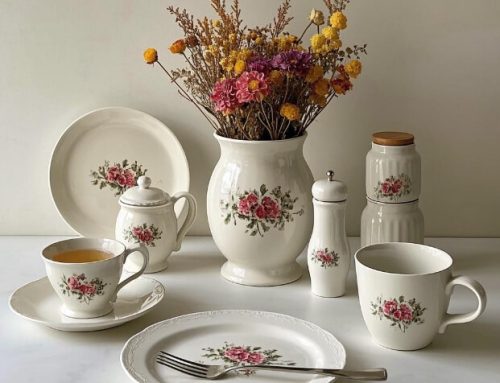
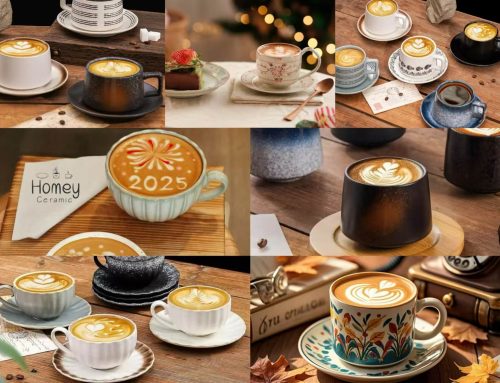
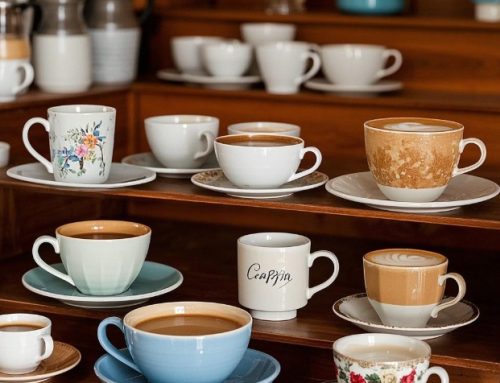
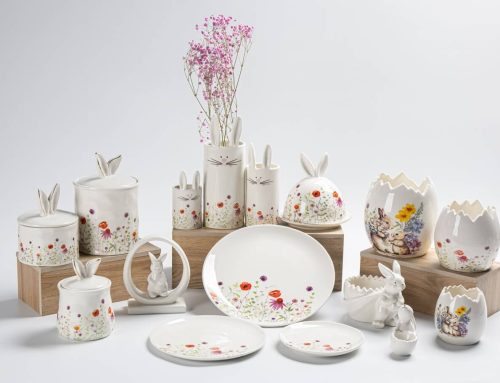
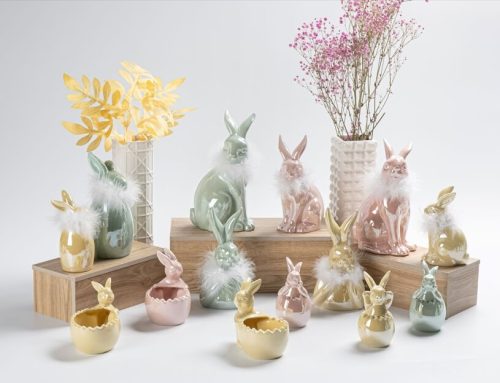
Magnificent beat I would like to apprentice while you amend your site how can i subscribe for a blog web site The account helped me a acceptable deal I had been a little bit acquainted of this your broadcast offered bright clear idea
I do believe all the ideas youve presented for your post They are really convincing and will certainly work Nonetheless the posts are too short for novices May just you please lengthen them a little from subsequent time Thanks for the post